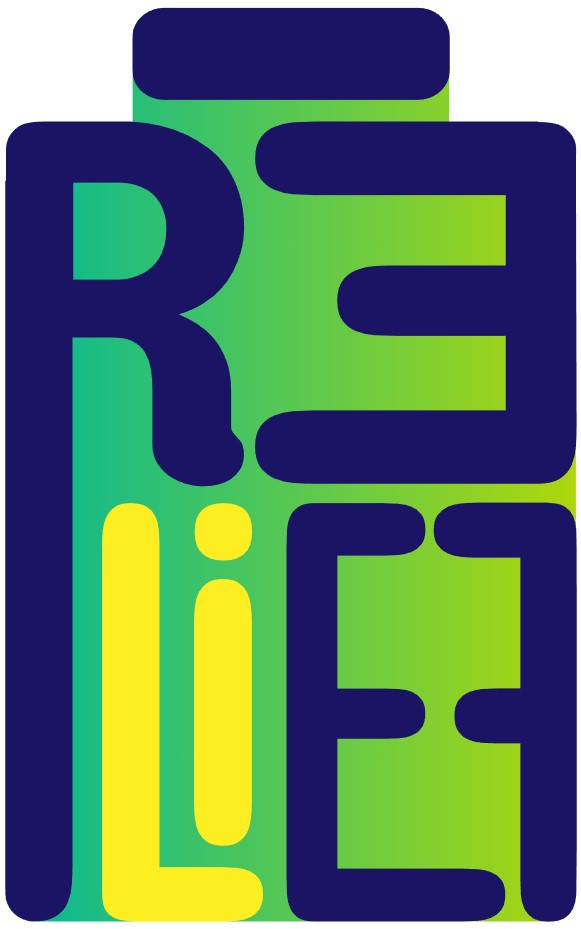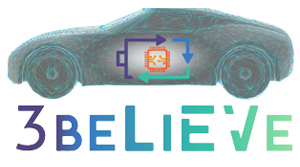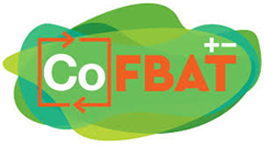
Key informations
- Gigagreen Project
Project description
Â
GIGAGREEN, a 48-month-long project under the coordination of POLITO, is currently underway with ABEE as a Technical and Scientific Coordinator. The project aims to develop a green gigafactory of the future through innovative design, materials and, processes, therefore positioning Europe at the forefront of sustainable and safe battery manufacturing processes. The consortium consists of 16 partners from 8 European countries, synergistically bringing together European experts in various aspects of battery production.
ABEE is tasked with ensuring the successful progression and conclusion of the GIGAGREEN’s scientific and technical targets. Additionally, ABEE will make use of its pilot line to prototype 10 Ah pouch cells. With this project, ABEE commits to the sustainable development of batteries with minimal environmental impact.

Group photo of GIGAREEN consortium partners at the first meeting in Torino, Italy on September 23, 2022
This project has received funding from the European Union’s Horizon Europe research and innovation programme under grant agreement N° 101069707.
A few more projects
-

RELiEF
European project Read moreRELiEF sets out with the clear goal of reducing lithium waste by more than 70% through the use of previously unused secondary lithium sources.
-

3beLieve
European project Read moreDelivering the 3b generation of LNMO cells for the xEV market of 2025 and beyond. The development of better materials for use in rechargeable batteries is vital for the future of the electric vehicle market.
-

Cofbat
European project Read moreAdvanced material solutions for safer and long-lasting high capacity Cobalt Free Batteries for stationary storage applications. Objectif : making Europe less dependent on raw materials.

